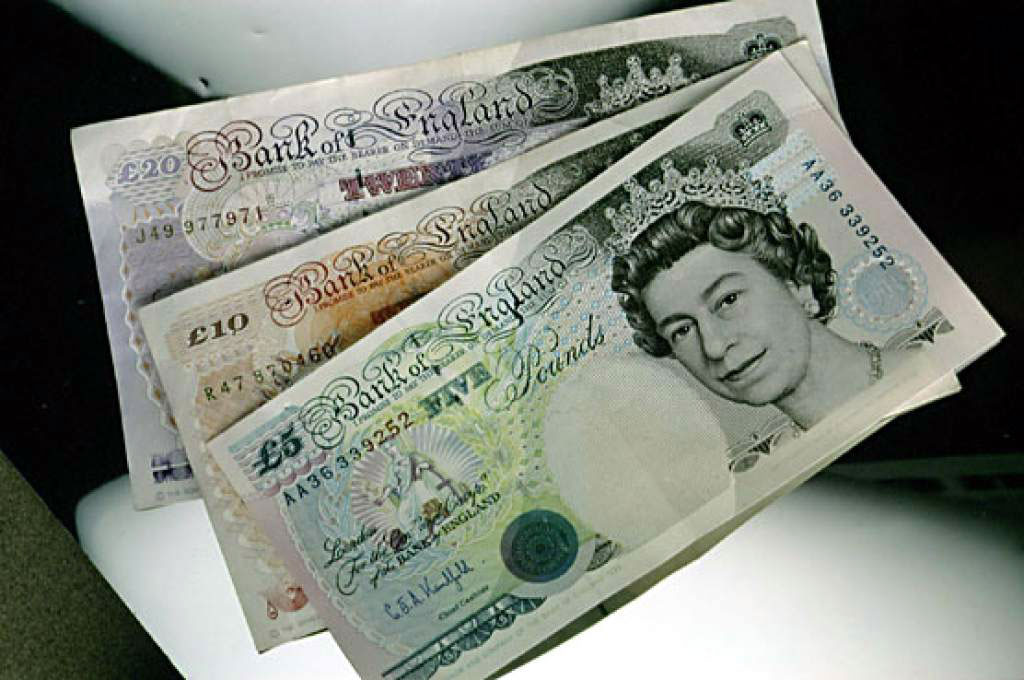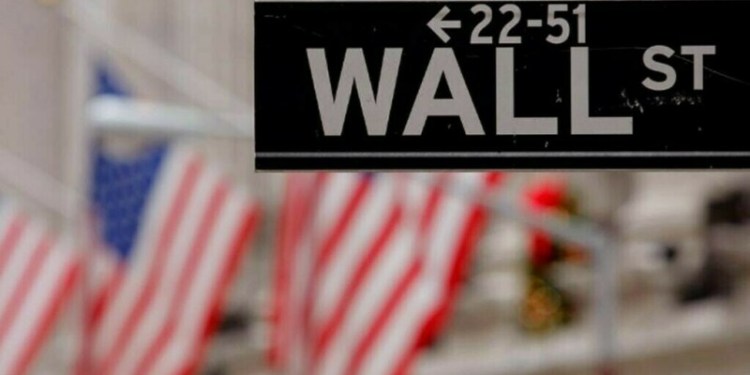
NEW YORK: The US dollar fell on Thursday against a basket of currencies, holding below its 2018 peak, as a smaller-than-expected rise in consumer prices caused traders to pare positions betting that inflation is accelerating, which could push the Federal Reserve to hike interest rates faster.
The British pound hit a four-month low versus the greenback after the Bank of England left key borrowing costs unchanged but reduced its growth and inflation outlook for 2018 and 2019.
The recent softening in price growth among major economies has lowered expectations that most central banks other than the Fed will reduce their bond purchases or raise interest rates.
“Most central banks with the exception of the Fed had been more hawkish than they needed to be. They now seem to be walking back,” said Michael Diaz, head of FX at XE in Buena Park, California.
The US Consumer Price Index, the government’s broadest inflation gauge, increased 0.2 percent in April, less than the 0.3 percent rise projected by economists polled by Reuters.
“With the disappointment of the latest CPI, it does knock the wind out of the dollar for a bit,” said Mazen Issa, senior FX strategist at TD Securities in London.
Lower US Treasury yields added pressure on the greenback which had rallied for over two weeks on traders exiting their bearish bets on signs of overseas growth, in particular in Europe, cooling more quickly than the United States.
The dollar index fell 0.4 percent against a basket of six major currencies at 92.680 after hitting a 4-1/2-month high of 93.42 on Wednesday.
Benchmark 10-year Treasury yield was down over 2 basis points at 2.971 percent following the mildly disappointing US CPI data and solid demand at $17 billion auction of 30-year government bonds.
The euro benefited the most on the dollar’s pullback, posting a 0.6 percent gain at $1.1920, while the dollar slipped 0.3 percent to 109.37 yen.
The British pound was down 0.2 percent at $1.3516 after falling to $1.3460, the lowest level since Jan. 11 after the latest BOE statement.
Among Asian currencies, the Malaysian ringgit lost 4 percent in offshore trading following the stunning victory of the opposition Pakatan Harapan (PH) coalition.
Malaysian financial markets were shut on Thursday and Friday.
PH’s pledge to repeal an unpopular goods and services tax, restore a petrol subsidy and increase minimum wages raised concerns how the incoming government would pay for these programs and its potential drag on the ringgit.
Source: Brecorder

























